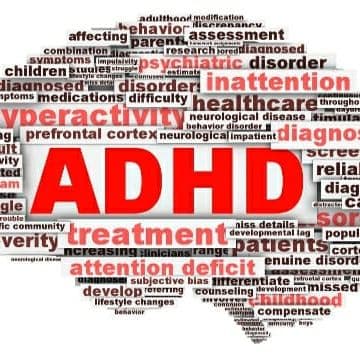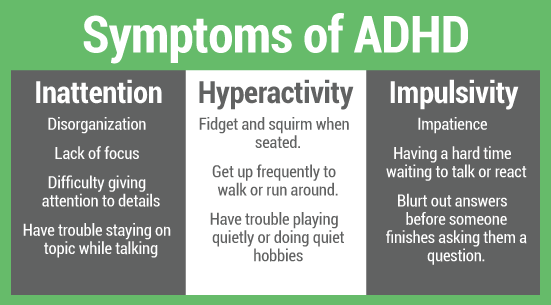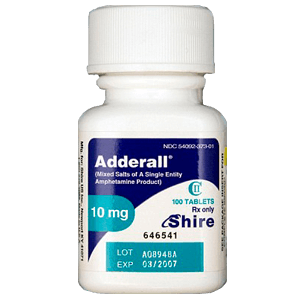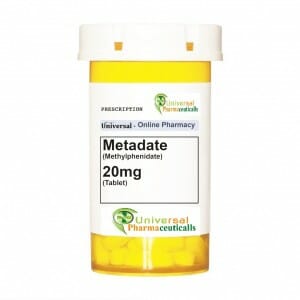The Best Guide to Adhd Medications That Will Help You Choose Wisely
ADHD Medication Consumer Guide
Reviewed by:
Dr. Diana Rangaves, PharmDLast Reviewed On:
Feb 18, 22
Many children as well as adults “can’t seem to sit still.” What’s more, most children at some point(s) in their lives exhibit behavior that seems to veer out of control:
- They make nonstop noise.
- Their patience is zero.
- They seem to crash into everything around them.
Conversely, children may sometimes live in a daydream state. They can’t pay attention and don’t finish what they begin.
This is normal for most children, but some children exhibit these types of behavior more often than just “sometimes.” If your child is exhibiting the behaviors described above frequently or often enough that it inhibits his or her ability to live a normal life, your child may have attention-deficit/hyperactivity disorder (ADHD).
Children with ADHD often don’t do well in school, and they often don’t get along with siblings or friends. If left untreated, ADHD can a negatively impact your child’s education, friendships/relationships, and the ability to eventually hold down a job.
ADHD is the top chronic condition of childhood and is seen is 4-12 percent of school-aged children. It’s three times more prevalent in boys than in girls.
Again, most children exhibit these types of behaviors at some point in their lives. But if you notice frequent inattention, impulsive behavior, or hyperactivity, it’s best to speak to your child’s pediatrician for an accurate diagnosis.
DIFFERENT TYPES OF ADHD
ADHD symptoms generally are classified as the following:

- Inattentive only. Once known as attention-deficit disorder (ADD), children with this condition aren’t overly active. What’s more, because their behavior doesn’t tend to be disruptive, it may not be noticed. Girls with ADHD tend to have this type of the disorder.
- Combined inattentive/hyperactive/impulsive. This is the type of condition often associated with ADHD, as children with this type of the disorder present symptoms in all three categories.
TREATING ADHD WITH MEDICATION
ADHD is a neurologically based disorder that results from a deficiency of either one neurotransmitter or a group of neurotransmitters in specific areas of your child’s brain. Neurotransmitters are chemicals that send signals between the brain’s nerve cells by bridging the gap between the cells.
Norepinephrine is the key neurotransmitter involved in ADHD. Norepinephrine’s building blocks, dopa and dopamine also are involved. Most medications used to treat ADHD stimulate specific cells in the brain to produce more norepinephrine, which is why most ADHD medications are called stimulants
Below are some of the most-prescribed medications used to treat ADHD.
STIMULANTS
These are the most widely prescribed medicines to treat ADHD and often are the first course of treatment your physician may prescribe. Well-known stimulants include Ritalin and Adderall.
Stimulants increase norepinephrine and dopamine in the brain in order to improve concentration and even lessen fatigue.
Well known stimulants used in the treatment of ADHD include:
- Ritalin
- Vyvanse
- Adderall
- Dexedrine

These drugs can be habit-forming/addicting, so great caution is advised if prescribed to children with ADHD.
Common side effects can include upset stomach, headache, and higher blood pressure, but these should dissipate after a few weeks.
Additional side effects can include:
- Tics
- Insomnia
- Nervousness
- Weight loss/loss of appetite
MILD STIMULANTS (METHYLPHENIDATE)
Several ADHD drugs are milder stimulants that use methylphendiate to block the reuptake of dopamine and norepinephrine into the brain’s neurons. These mild stimulants are sold under brand names such as:
- Focalin
- Concerta
- Daytrana
- Metadate
- Quillivant (an extended release liquid methylphenidate)
- Methylin (a liquid and chewable form of methylphenidate)
These medications can have side effects similar to that of the stimulants (mentioned above) and also could become
habit-forming/addicting.

NON-STIMULANTS
These medications affect neurotransmitters, but they don’t increase dopamine levels. However, results can take longer to appear and often are prescribed to ADHD patients when a stimulant medication has proved ineffective or unsafe. People who want to avoid stimulants’ side effects also may be prescribed a non-stimulant.
A non-stimulant medication tends to not cause lack of appetite, sleeplessness or agitation as stimulants may, and they don’t have the same risk of abuse or addiction. In addition, their effects tend to last longer than those of a stimulant medication.
Brand-name non-stimulant ADHD medications include:
- Strattera (generic name: atomoxetine ). This non-stimulate can be taken just once a day, as its long-acting. It works by prolonging the action of norepinephrine in the brain. Another of its benefits is that it doesn’t need to be tapered when discontinued.
- Kapvay (generic name: clonidine-Hcl ). This drug often is used for high blood pressure as well as ADHD. It’s used to reduce distractibility, impulsiveness and hyperactivity. It does lower blood pressure, so patients taking it may experience lightheadedness.
- Intuniv (generic name: guanfacine ). Also often prescribed to adults with high blood pressure, it can help with behavior and memory and lower hyperactivity and aggression. Please note that only the brand name Intuniv should be used for ADHD in children.
ANTIDEPRESSANTS
Some physicians may prescribe antidepressants to patients with more complex diagnoses of ADHD, but they are not approved by the FDA as an ADHD medication and would be prescribed in addition to an ADHD medication.
You and your child’s physician (or your own physician, if you have been diagnosed with ADHD), will meet together to decide on a treatment plan that’s right for your child. Don’t be surprised if you child may try different prescribed medications over the first few weeks or months, as it can take some time until the right prescription and dosage is found that works best for your child’s particular ADHD symptoms.
Join Our Free Newsletter
Get a weekly dose of money-saving tips on your medications, drug side effects alerts, drug interaction warnings, free prescription coupons, late-breaking safety information and much, much more!